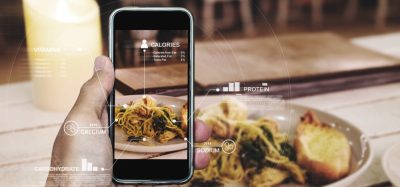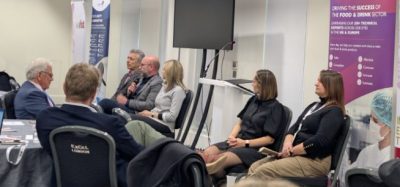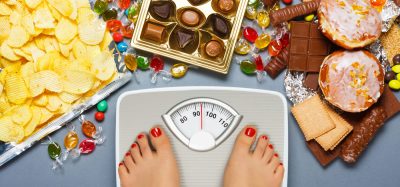Can we have our cake and eat it?
- Like
- Digg
- Del
- Tumblr
- VKontakte
- Buffer
- Love This
- Odnoklassniki
- Meneame
- Blogger
- Amazon
- Yahoo Mail
- Gmail
- AOL
- Newsvine
- HackerNews
- Evernote
- MySpace
- Mail.ru
- Viadeo
- Line
- Comments
- Yummly
- SMS
- Viber
- Telegram
- Subscribe
- Skype
- Facebook Messenger
- Kakao
- LiveJournal
- Yammer
- Edgar
- Fintel
- Mix
- Instapaper
- Copy Link
Posted: 12 May 2016 | Barbara Mason, Partnership Manager, Food Advanced Training Partnership | No comments yet
In this blog, Barbara Mason, Partnership Manager of the Food Advanced Training Partnership, discusses the upcoming EU referendum…
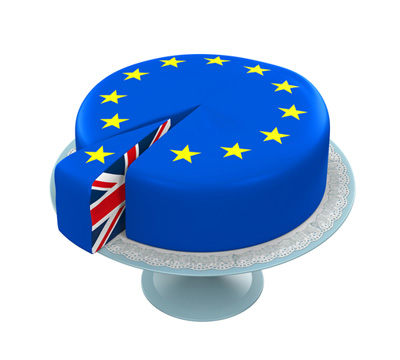

Exercising my right to vote is something I feel very strongly about. People died so that ordinary women and men (yes, men too) like me could vote. In some countries it is illegal not to but here in the UK we still rely on people’s willingness to make a difference and a desire to have their voices heard. Looking at the turn-out numbers that reliance may be misplaced but that’s an early digression even by my standards, and a subject for another day.
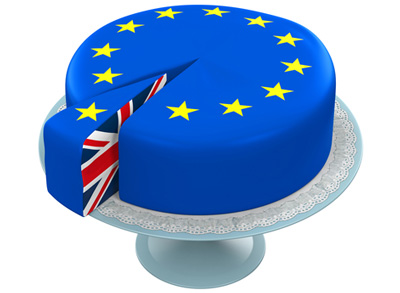

Where these ramblings are heading is trying to get myself organised to register for a proxy vote on 23rd June as once again I will be in France. Voting in the forthcoming referendum is arguably the most important elections I will take part in in my life time and a privilege to be involved. It is therefore a Yes/No decision which should not be taken lightly.
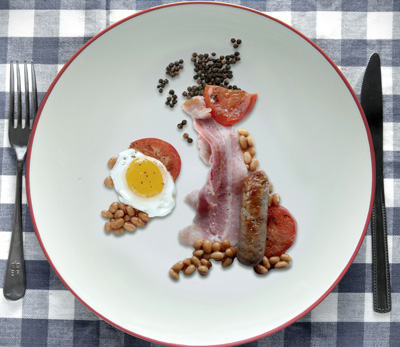

Boris lashes PM for ‘World War Three’ Brexit warning.
Cameron: Leave vote could see England and Scotland break up
I live in France almost as much as I live in England, I work for a university and my PhD research is grant funded with the EU providing significant funds for UK research but then again I also work alongside the food industry which is accountable on so many levels to Brussels and who knows, if it weren’t maybe the food I buy would be cheaper, more accessible, more sustainably produced and our farmers less impacted by quotas. But I don’t actually know.
Once again in the Food ATP office we were discussing these ponderings, (well actually I was ‘going off on one’) but my ever patient friend and colleague threw in a bit of a curve ball. “Well where can you ever find out what the truth is, about anything?” she asked. Oh blimey well that’s a biggie, and she’s right of course.
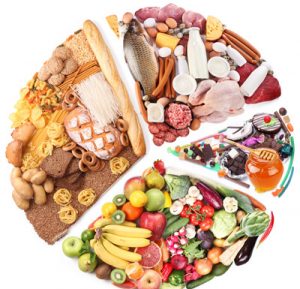

At the moment our Food ATP participants are on campus at the University of Reading debating the challenges of sustainability, crops and raw material quality and two weeks ago they were with us for diet quality and health. During those three days they heard Dr David Haslam, chair of the National Obesity Forum, proposing that the ‘food plate’ that we are all so familiar with was a contributing factor in the obesity epidemic. ‘Round Objects’ I hear you shout. It’s a fantastic concept. It’s clear, obvious and pictorially simple. So who is round and to what does he object? Well, portion size, that’s what. If you ate everything on the food plate diagram in the proportions it shows you would be the size of a small housing estate. And sadly there are many who do just that. So does that make it wrong? Of course not, and he never claimed that it was. Indeed his point was quite the opposite.
In a month or so our participants are back on campus for Flavour: from Farm to Fork and Beyond and their workshop will close with a session in our Flavour Centre messing about with chemicals to make strawberry and apple flavoured drinks. Some of them get pretty close to the mark too, and every chemical they use is 100% natural and, when used in a commercial product, allow it to carry that proud statement. Except none of them have ever been near an apple or a strawberry.
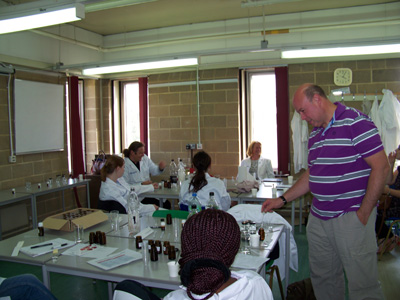

So, with all this conflicting information how on earth are we supposed to make an informed choice and decide what food to buy, how much, how to prepare it and what to do with the excess? Clearly there is no easy answer to that otherwise the Daily Mail would be out of print but for me, it comes down to being selective in what I read. By that I don’t mean follow the first thing that I heard and avoid everything else. I mean try to choose what I read based on the credibility of where it’s come from, the evidence behind it (and therein of course is the next dilemma as to what is ‘evidence’ and how biased is it?) and the motivation of those that say it. And then of course, before I make my mind up, I need to harangue poor Libby again waiting for her next earth shattering reality check.
So where does that leave us at the Food ATP? Well we build our teaching and research around just these conundrums. We encourage our participants to challenge each other and themselves, constructively of course, to understand the impact of conflicting information on their customers, suppliers, manufacturers and the general public, and most of all to be able to pull out the salient points from both sides of the argument and to make judgement calls that will have a positive impact on their businesses, themselves and society as a whole.
If you have enjoyed reading this blog and would like to know more about how food and diet quality and sustainability are managed within the food chain check out these courses:
http://www.foodatp.co.uk/for-you/food-atp-training-modules/
http://www.foodatp.co.uk/about-us/



